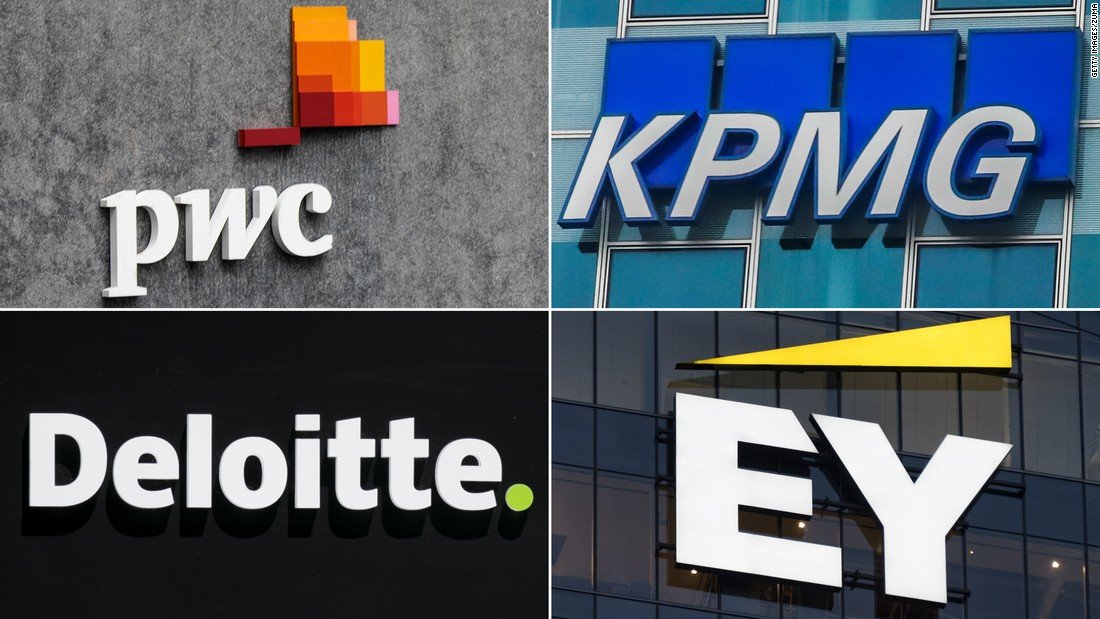Consulting giants bet big on artificial intelligence, touting themselves as indispensable partners in the technology’s corporate adoption. But three years into the generative AI boom, many clients complain of mismatched promises and underwhelming results. While consultants remain bullish, enterprises are increasingly skeptical, pursuing their own AI strategies as advisory firms scramble to catch up.
From Hype to Disillusionment
When generative AI first stormed the corporate agenda, consulting firms launched multimillion-dollar campaigns to position themselves as the architects of transformation. PwC promised results “beyond promises,” while McKinsey and Bain pitched AI as a once-in-a-generation opportunity. Global spending on AI consulting ballooned to $3.75 billion in 2024, up sharply from $1.34 billion just a year earlier.
Algoritha: The Most Trusted Name in BFSI Investigations and DFIR Services
Yet the rollout has often been messy. Executives at companies ranging from Merck to AmeriSave Mortgage say consultants lacked the technical depth to scale proof-of-concept projects into real business solutions. “We discovered they had no idea how to do these things,” one executive admitted, describing million-dollar engagements that ended in long reports rather than functioning applications.
Clients Push Back, In-House Teams Step Up
The mismatch is partly a product of timing: consultants were selling expertise before AI had matured into reliable enterprise tools. Firms like CVS Health and Bristol-Myers Squibb found their internal teams, already fluent in digital systems, better suited to experiment with AI applications. A pharma executive compared hiring consultants to “paying someone to learn on your dime.”
Some clients ended engagements after months of limited progress. Others, wary of inflated expectations, shifted emphasis to in-house innovation. Even as consultants advertise “industry playbooks,” enterprises are skeptical that advisory partners have more experience than their own employees or, in some cases, a “kid in college” experimenting with AI tools.
A Second Wave or a Slow Reckoning?
Despite setbacks, consulting firms insist the tide will turn. Accenture reported $100 million in new generative AI bookings in a recent quarter, and KPMG has identified $1.4 billion in potential U.S. projects. McKinsey partners tell CEOs that effective AI adoption could double stock prices within five years. Analysts, however, caution that the real profits for consultants may come in the “second wave,” once AI use cases stabilize and require large-scale deployment.
For now, the consulting industry finds itself in a vulnerable position—caught between the marketing promise of AI and the messy reality of its enterprise adoption. As one researcher observed, firms may have rushed to the bleeding edge of technology, when their true value lies in scaling reliable systems.



